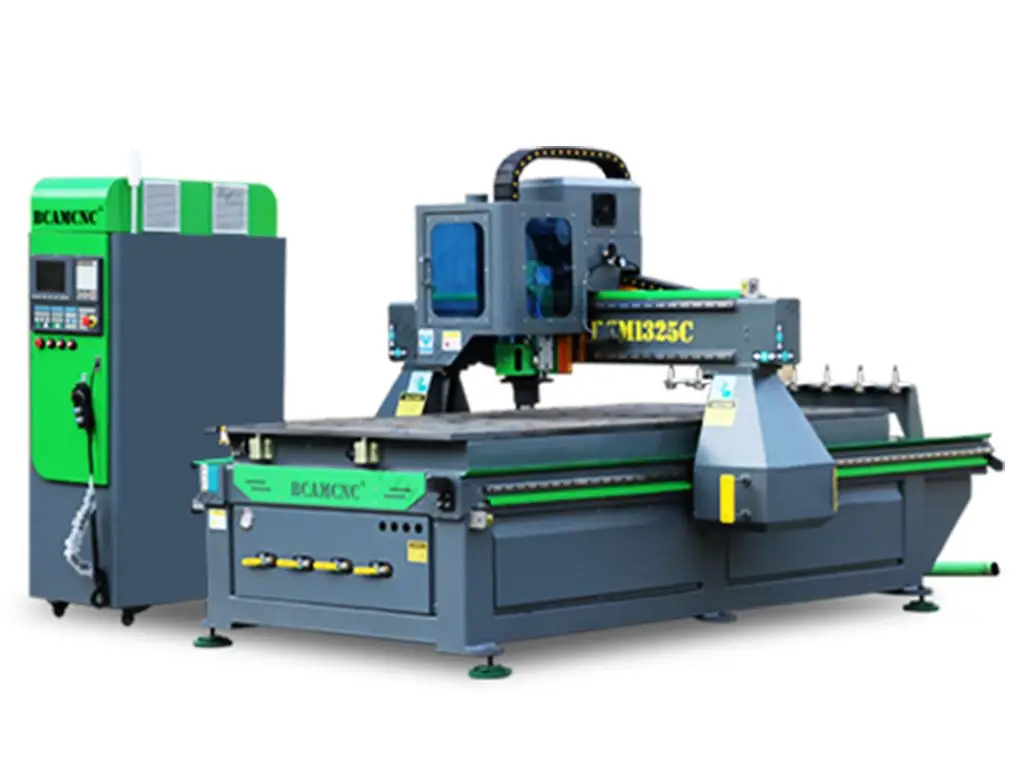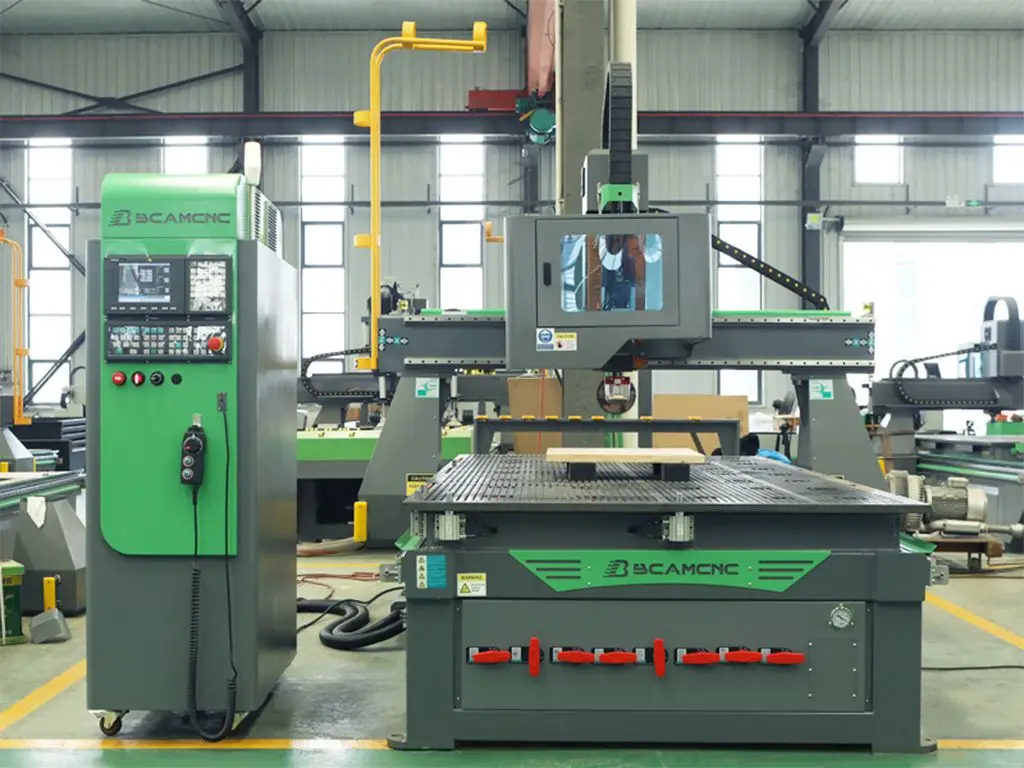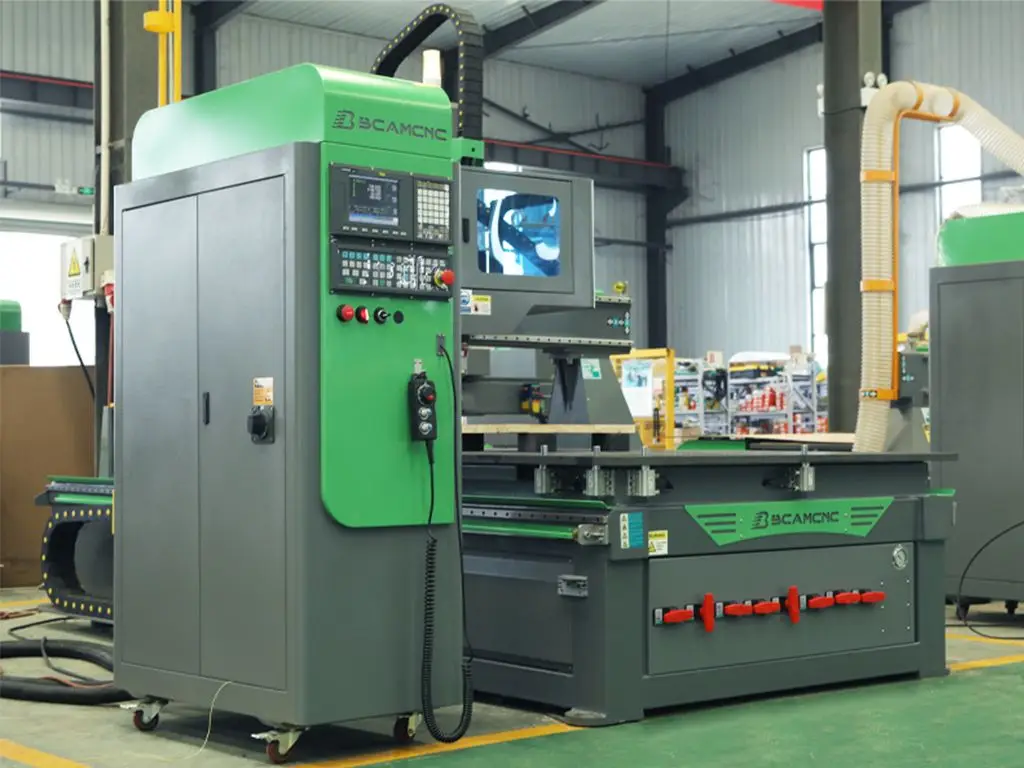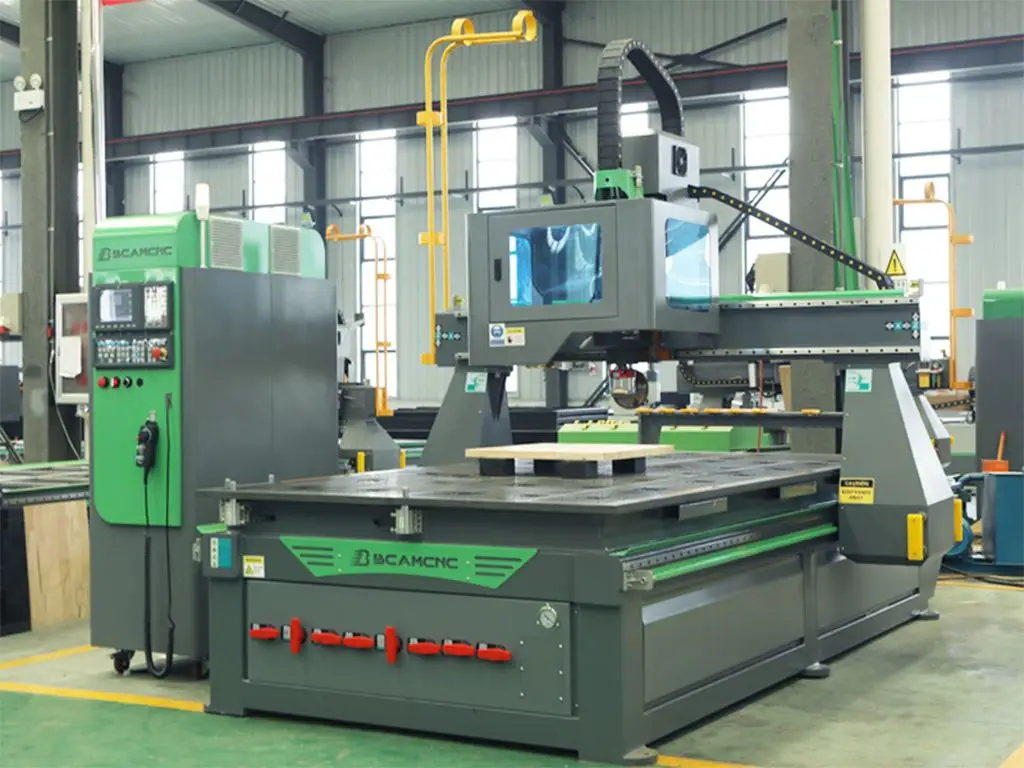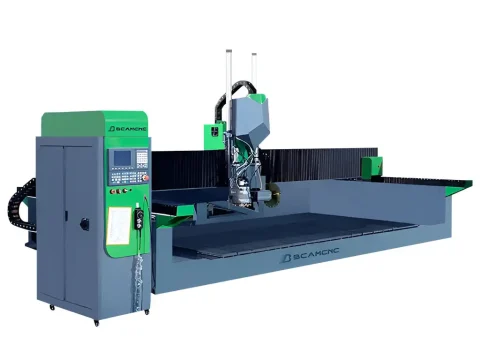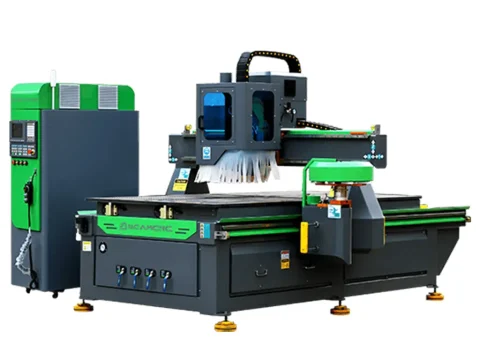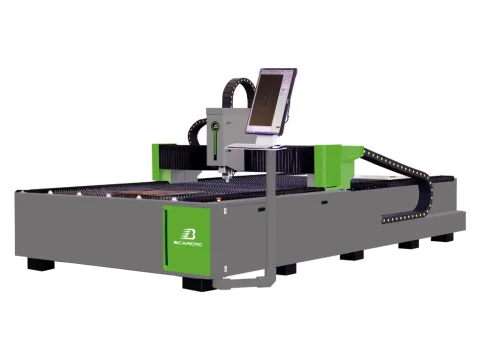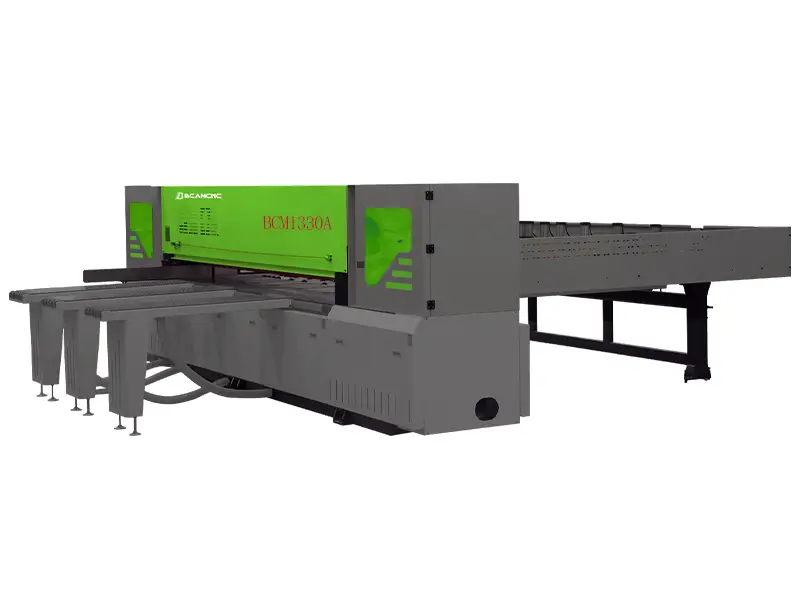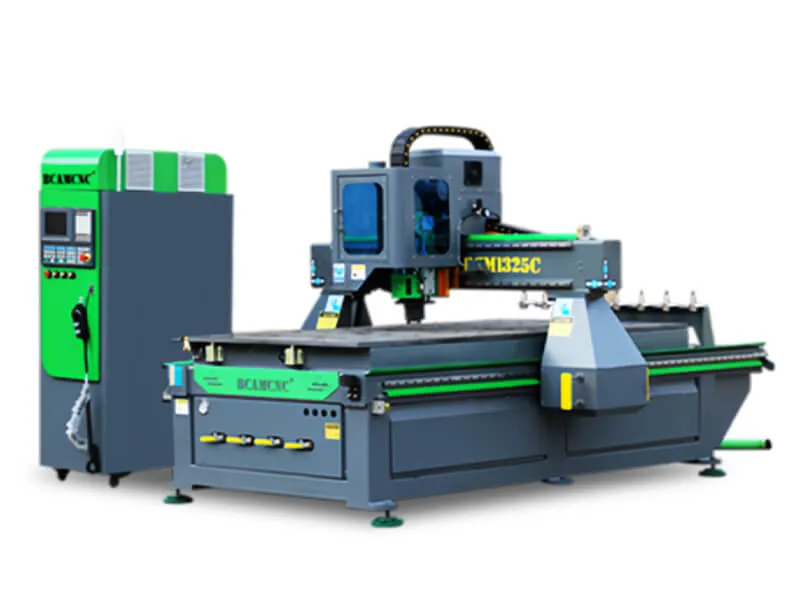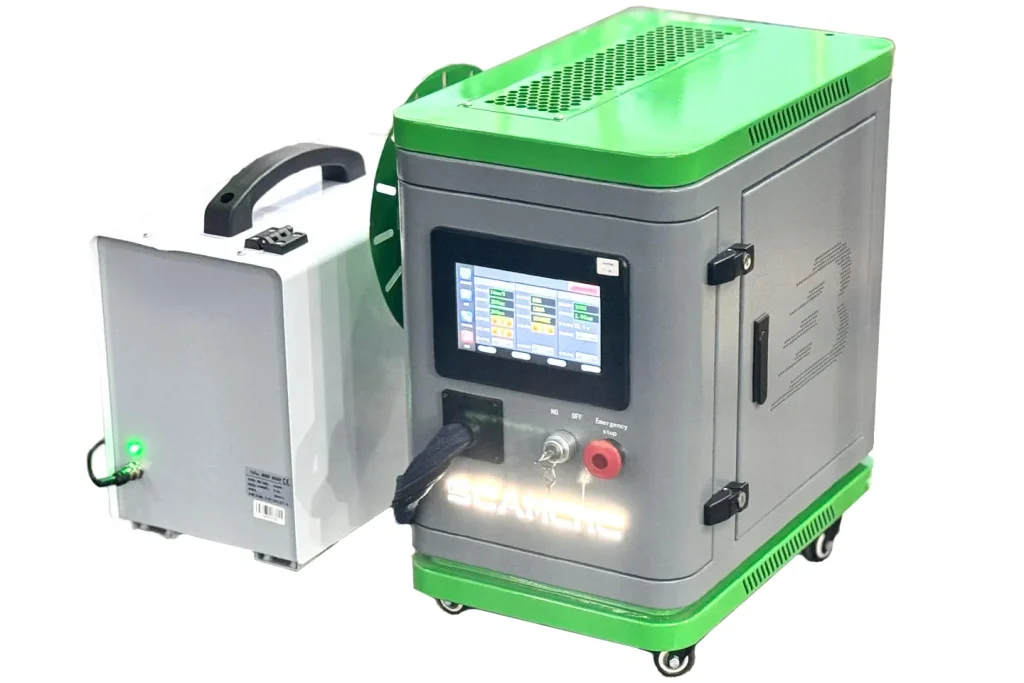Aluminum has become a preferred material in many industries due to its lightweight, durability, and corrosion resistance. For manufacturers looking to produce precision components efficiently, CNC routers offer an ideal solution. In this project-focused article, we explore how CNC routers are applied to aluminum processing and the benefits they bring to modern manufacturing workflows.
Application Overview
CNC routers equipped for aluminum machining can handle a variety of tasks including cutting, drilling, engraving, and milling. With multi-axis CNC systems, operators can process complex aluminum sheets, plates, and profiles with minimal setup time and high accuracy.
For example, in aerospace manufacturing, aluminum components such as brackets, panels, and housings require precise dimensions and smooth finishes. A CNC router can efficiently produce these parts with consistent quality, reducing manual labor and material waste. Similarly, in the automotive industry, CNC routers are used to fabricate chassis components, interior panels, and decorative trim, ensuring that each piece meets strict tolerance requirements.
Key Advantages in Aluminum Processing
1.High Precision and Repeatability
CNC routers provide micron-level accuracy, allowing for complex geometries and intricate designs to be cut or milled on aluminum parts repeatedly.
2.Efficiency and Speed
With optimized tool paths and high-speed spindle operation, CNC routers significantly reduce production time compared to traditional manual methods.
3.Surface Quality
Aluminum parts processed by CNC routers have clean edges and smooth surfaces, minimizing the need for post-processing or finishing.
4.Versatility
From flat sheets to angled profiles, CNC routers can accommodate a wide range of aluminum materials and thicknesses, making them suitable for small workshops and large-scale production alike.
Real-World Project Example
In a recent project, our CNC router was used to manufacture custom aluminum enclosures for electronic equipment. The machine handled cutting, drilling, and engraving in a single setup, delivering high-quality parts that met design specifications and production deadlines. This integrated approach not only saved time but also ensured consistent quality across all units.
Conclusion
BCAMCNC CNC wood routers are an effective solution for aluminum processing, offering precision, efficiency, and adaptability for a variety of industrial applications. Whether producing aerospace components, automotive parts, or custom metalwork, CNC routers help manufacturers streamline workflows and achieve superior results.
By integrating CNC routers into aluminum fabrication projects, companies can enhance productivity, reduce costs, and maintain high-quality standards across their production lines.
